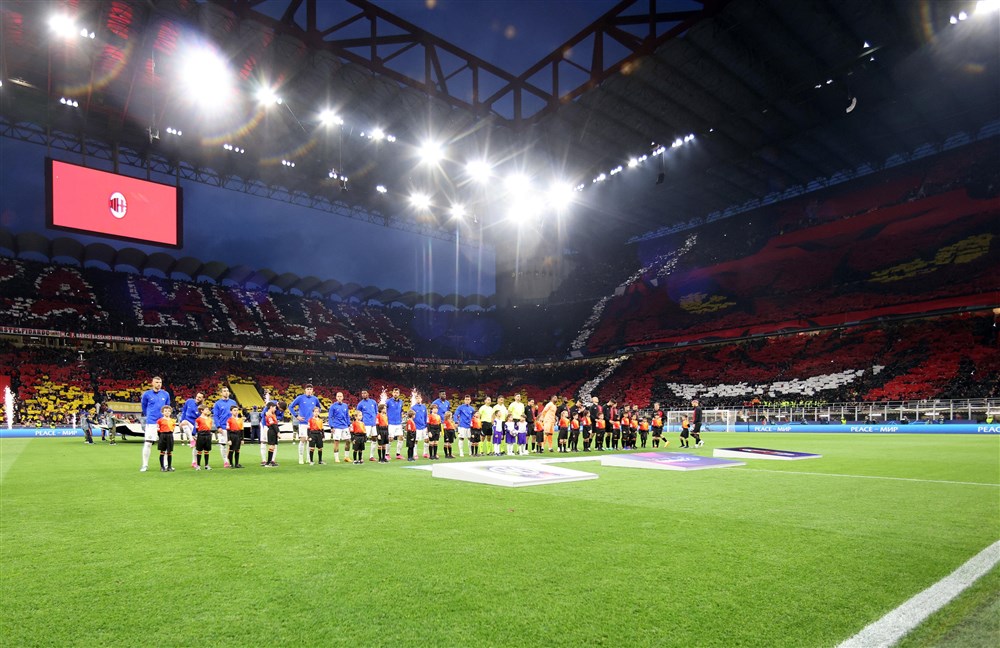The Italian government’s decision to scrap the Growth Decree tax relief will have painful ramifications for Serie A clubs, analysis has shown.
The tax relief law, introduced in mid-2019, allowed clubs to save around 50% on salary taxes when signing players from abroad. This allowed them to pay larger salaries than before, helping attract foreign players to the Italian topflight.
The Growth Decree was expected to be extended to February 29, 2024, but this has now been scrapped and instead it’ll expire on December 31, leaving Serie A clubs furious. For fans, the law was more divisive, with some unhappy that it promoted using foreign players over homegrown Italians.
Calcio e Finanza analysed the effectiveness of the Growth Decree law by looking at the UEFA country coefficients for the last eight years, starting from the 2015-16 season to now. The coefficient points directly reflect the results of clubs in European club competitions.
Looking at the four years before the introduction of the Growth Decree, from 2015 to 2019, Italian clubs averaged 12,759 coefficient points per season. The best in this period was the 2016-17 season, when Juventus reached the Champions League final.
The best results in the other seasons were a Champions League Round of 16 finish in the 2015-16 campaign, a Champions League semi-final finish in the 2017-18 season and a Champions League quarter-final finish in the 2018-19 campaign.
Following the introduction of the Growth Decree, there was a clear uptick in results and coefficient points. For the four-year period after the tax relief’s arrival, Italy registered average club coefficient points of 17,321.
The best campaign came last term with 22,357 coefficient points, with Serie A clubs reaching the finals of all three European club competitions – Inter in the Champions League, Roma in the Europa League and Fiorentina in the Conference League.
The other seasons were equally impressive, with a Europa League final finish in the 2019-20 campaign, a Europa League semi-final finish in the 2020-21 season and a Conference League victory in the 2021-22 campaign.
The analysis clearly shows the impact of the Growth Decree on Serie A clubs, allowing them to progress further in European competitions. Things have looked equally positive this season, with all the Italian teams progressing in Europe, even if Milan dropped down to the Europa League.
The report also challenges the claims made by Matteo Salvini, the Deputy Prime Minister of Italy, who stated that “the Growth Decree allowed clubs to sign athletes from abroad with a discount: an extraordinary help that lasted for years, which should’ve been an opportunity to relaunch our leagues. Making them more competitive and attractive. That was not the case.”


The tax law should be for both foreign and Italian players. It is ridiculous to give one and advantage over another. For me the Italian National Team is more important than any club team. Sign Italian players and develop them!
There are so many young kids like pafundi who never play a minute . I agree national team more important . I would rather see more Italian players and less success in champions league
Well done for scrapping the ridiculous Growth Decree , you can hardly claim Serie A “Made in Italy” ….when the players are not Italian!
Italian teams don’t win anything. How can this decree be considered a success?
The national team is struggling to find the players of the required quality and experience to compete against the best National teams.
All this law serves to do is to help bring in players on the cheap from abroad, then the best ones get sold to the premier league etc.
The best foreign talent doesn’t reside in Serie A as it once did.
This is all at the expense of the development of young Italian players
The sooner this growth decree is scrapped the better.
When explaining this decree to my English friends, they are astounded that this is happening.
This article clearly written by someone who doesn’t really watch or is a fan of Italian football or the National team.